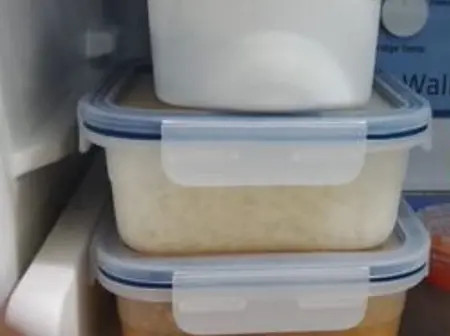
On Friday, September 26, 2025, health experts raised concerns over the widespread practice among Kenyans of storing hot meals in plastic containers, noting that this habit could silently harm consumers’ health.
Thousands of people in Kenya regularly pack food for work or later consumption, but research indicates that heating or storing food in plastic over time may release harmful chemicals into the meals.
According to scientists, many plastics contain compounds such as bisphenol A (BPA) and phthalates, which are classified as endocrine disruptors because they can mimic the body’s hormones.
When food comes into contact with these plastics, particularly under heat or prolonged storage, small amounts of these substances can leach into the food and eventually be ingested.
Studies have shown that repeated exposure to BPA and similar compounds may interfere with the endocrine system and affect overall health.
The U.S. National Toxicology Program Centre for the Evaluation of Risks to Human Reproduction has reported that BPA exposure can potentially harm the brain, behaviour, and prostate glands of foetuses and infants.
Experts warn that even low levels of exposure, if accumulated over time, may increase the risk of metabolic, reproductive, and developmental disorders.
Nutritionists and public health officials in Kenya are now urging consumers to take precautionary measures, such as avoiding the use of plastic containers for hot meals, opting for glass or stainless steel alternatives, and not reheating food directly in plastic.
Awareness campaigns are also being recommended to educate the public on the potential dangers of plastic storage, emphasising safer food-handling practices to protect long-term health.
As Kenyans continue their busy lifestyles, adopting safer storage methods is essential to reduce the risk of chemical exposure and ensure overall well-being.






